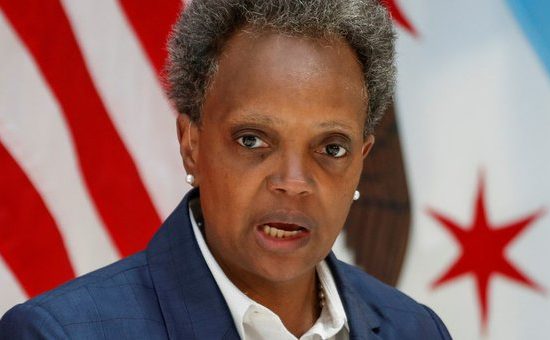COVID-19 has been debilitatingly boring for newborns, disturbing new research has been found.
Scientists discovered that children born during the coronavirus epidemic had significantly lower intelligence than those who were not. They spent their entire lives locked up, which severely impeded their cognitive development.
Researchers examined the cognitive performance of 672 children who were born in Rhode Island. They included 188 children who were born after July 2020, 308 who were born prior to January 2019, and 176 that were born during the initial stages of the pandemic (between January 2019 & March 2020). The researchers found that children born during the epidemic had significantly lower intelligence than those who were born before.
“It’s not subtle by any stretch,” lead study author and Brown University associate professor of pediatric research Sean Deoni told the Guardian of the trend. “You don’t typically see things like that, outside of major cognitive disorders.”
The pattern is attributed to cognitive impairment in children who have spent so much time with overworked parents in the past year. Although many adults are able to make it through, the isolation at an important juncture of infants’ mental progress has likely led to lasting damage.
Not being exposed to the wider world as much as pre-pandemic children and instead spending their infancy with stressed adults has left them at a significant mental disadvantage than their slightly older peers, according to the not-yet-peer-reviewed findings published Wednesday.
“Parents are stressed and frazzled … that interaction the child would normally get has decreased substantially,” said Deoni, adding that the lack of stimulation during the pandemic has created setbacks that will be hard for children to overcome. “The ability to course-correct becomes smaller the older that child gets.”
Researchers found that children from financially less secure families were most affected.
“Perhaps not surprising that children from lower socioeconomic families have been most affected as this resonates with many of the other financial, employment and health impacts of the pandemic,” University College London child health professor Sir Terence Stephenson told the Guardian.












